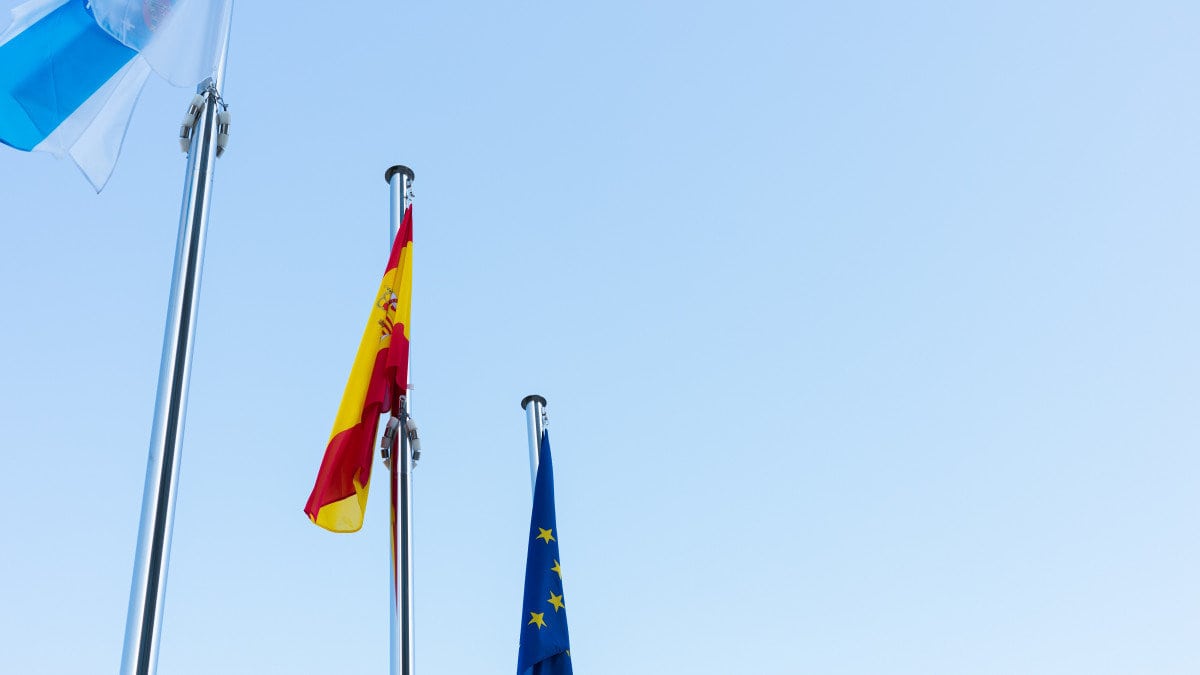EBGA warns that Spanish gambling law proposals are counterproductive

The European Betting and Gaming Association (EBGA) has warned that Spanish players could be driven to the black market if proposed advertising laws are implemented.
Officials in the Southern European country submitted the latest draft of the Royal Decree on Gambling Advertising to the European Commission last week.
Spain already has a problem with unregulated operators and the country’s regulator had to block hundreds of illegal websites last year.
The EBGA was also critical about the exemption of state-owned lotteries from these regulations, despite making up a large chunk of the Spanish gambling market.
“Highly counterproductive”
If the new regulations are passed by the government, licensed operators in Spain will only be allowed to advertise between 1am and 5am each night. Almost everything else, including sports club sponsorships, will be forbidden.
In relation to the black market, the EBGA pointed out that Spain already struggles with channelisation. Last year, the DGOJ banned over 400 unregulated online operator sites.
EBGA Secretary General Maarten Haaijer had the following to say about the proposed Spanish gambling laws.
“The near-absolute advertising ban proposed in Spain will deprive Spanish players of any information where they can play in a safe and secure environment.
“This is highly counterproductive and we urge the Spanish authorities to reconsider the proposals, and focus instead on strict regulation of the contents of advertising.”
Banning almost all gambling advertising could have adverse effects elsewhere too
Looking at Spanish gambling sponsorships, the EBGA mentioned that 41 of the 42 teams in the country’s top two footballing divisions will suffer because of these restrictions. This would be on top of them already being affected by the “financial fallout of COVID-19, costing them up to €80 million in lost advertising revenues”.
Instead of adopting draconian measures in an attempt to protect players, the EBGA suggested looking at approaching things differently. Haaijer continued with the following, in which he also criticised the exemption of state-owned lotteries from these rule proposals.
“This is highly counterproductive and we urge the Spanish authorities to reconsider the proposals, and focus instead on strict regulation of the contents of advertising.
“We fully agree that advertising should be responsible, both in terms of content and design, and that is why we recently published a code of conduct on responsible advertising.
“The code offers practical ways in which gambling advertising can be conducted in a socially responsible way and as a conduit for informing citizens about important consumer protection measures, such as age restrictions and safer gambling tools.
“Finally, exempting state-involved lotteries, which account for two thirds of Spain’s gambling market, from the restrictions is unjustified, protectionist and discriminatory.”






